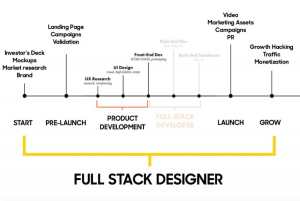The benefits of e-books are as follows:
1 The contents of an ordinary book to TXT format for storing basically 300k left, my phone is a little bad , capacity of 64m,that is mean it can store 218 books, equivalent to a ten layers of big bookshelf, highly my height 1 meter.
2 A 300k book in the bookstore buy about 40 yuan, but download an e-book can save money.
3 when meeting you can’t take a novel but you can see mobile phone, who also don’t know what u see.
4 Your pocket phone at any time there are 218 book can free choice, don’t have to use wagon pull a big bookshelf in the side.
5 Seeing ebook you needn’t take bookmarks, you will be able to set up reading position.
6 Lying on bed reading a long time, your arms will very heavy and feel tired, but if you take a cellular phone will not too tired.
7If you want and friends share e-books, you can give him, his phone roast a also won’t feel loathe to give up, because you can copy a lot.
A whopping £55.2million-worth of eBooks were sold in America in February.
But only £49.8million was spent on paperbacks.
Sales of electronic books have increased 202 per cent on last year, according to the figures from the Association Of American Publishers.
And with Kindles, Sony Readers and iPads – which can hold up to 1,000 titles – already a hit in the UK, experts predict eBooks will soon outsell traditional books here too.
Their sales are expected to double this year alone.
Around £24million was spent on printed books in Britain in the last week of March 2011 – a 12 per cent drop compared with the same week last year and the tenth week this year that sales have fallen.
But according to industry insider Neill Denny, editor of The Bookseller magazine, paperbacks shouldn’t be written off just yet.
He says: “eBooks have been sold in the UK for over two years now. Since last autumn there has been a big increase in the numbers being sold across all brands. For example, the Kindle was an especially popular present at Christmas.
“Right now the eBook reader market in the UK is about five per cent of the whole book market. That is compared to about one per cent last year, so they are growing at a rapid rate.
“But the book industry doesn’t expect literature to move completely to eBook form.”
The popularity of eBooks has been closely monitored since the Sony Reader was launched in the UK in 2008.
In January the online retailers said they were selling more copies of Kindle eBooks than traditional paperbacks.
But eBooks are often cheaper than their printed counterparts, with more than two millionavailable for free, so Denny points out they aren’t as lucrative – yet.
He says: “There is a question of volume and value. eBooks sell many copies but are cheaper in terms of value. So they may change the way books are sold, but they don’t bring in the same amount of cash.
“No one can predict where all this will lead. It’s very much a case of waiting to see.”
(533)
Report Post






